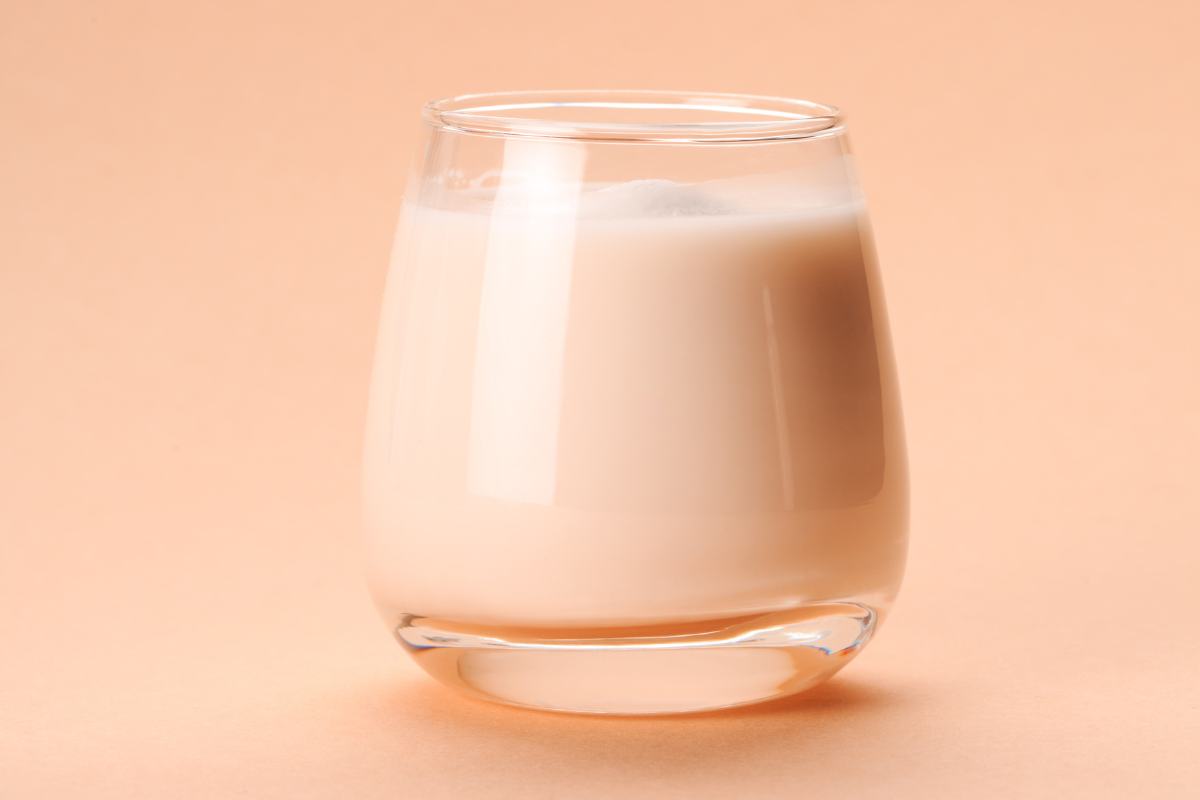Collagen & three important minerals

Collagen & three important minerals
The most common protein in the body, collagen plays a central role for all body tissues. Collagen's strong and elastic fibers form a "scaffolding" that supports your tissues and "glues" your cells together. Collagen is an important component of connective tissue such as skin, tendons, ligaments and cartilage. Your body relies on several nutrients from your diet to produce collagen, including a number of essential minerals.
Is manganese important for collagen?
Manganese supports healthy collagen production. Collagen contains proline, an amino acid that helps give the collagen fibers their shape. Manganese activates enzymes that your cells use to make proline. Manganese, for example, is also important for the body's metabolism of carbohydrates and protein.
Which foods contain manganese?
Manganese occurs naturally in the bedrock and spreads via groundwater. Manganese is mainly found in foods from the plant kingdom such as brown rice, pecans, oatmeal, green tea and leafy vegetables. We also get manganese through drinking water.
How much manganese do we need every day?
Manganese as a nutrient is needed in small amounts. If you eat regular food, you get enough manganese. The Nordic nutritional recommendations do not state a recommended intake (RI) for manganese, as there is no basis to determine it. Nor does the European Food Safety Authority (EFSA), specify any recommendation.
Is copper important for the body's collagen?
Copper also plays a role in collagen production . It activates an enzyme that is required for the body to activate the collagen in the body. When the enzyme is active, it cross-links the collagen with other supporting fibers that help form "scaffolding" that supports your tissues. Because of its role in collagen production, copper keeps your skin, hair, nails, joints, bones, teeth and gums, stomach and intestines healthy! In addition to the mineral being important for an enzyme required for optimal collagen levels, it is also included in a number of enzymes that help metabolism, as well as the metabolism of iron in the body.
What foods contain copper?
Copper is found in all foods, but the highest levels are found in liver and offal, shellfish such as oysters and crab, nuts such as cashews, and cocoa. More moderate levels are found in meat, fish, vegetables and grains. We also get copper through drinking water.
How much copper do we need every day?
The recommended intake of copper varies with gender and age but is 0.9 mg for both women and men.
Is zinc important for collagen?
Consume zinc to support healthy collagen production. Zinc acts as a cofactor in collagen production, which means that it activates proteins that are essential for collagen synthesis. It also activates a protein called collagenase that allows your cells to "rebuild" collagen during wound healing. In addition to the fact that zinc is important for optimal collagen production, it is included in 100s of different enzymes in the body that affect the metabolism of proteins, carbohydrates, fat, nucleic acids and certain vitamins such as vitamin A. Zinc is also needed for the immune system.
Which foods contain zinc ?
Meat, dairy products, whole grain products and offal are good sources of zinc. The absorption of zinc is facilitated by animal proteins. Clams, oysters, cheese, and nuts such as cashews and almonds are also rich in zinc.
How much zinc do we need every day?
The recommended intake of zinc varies with gender and age and is 7 mg for women and 9 mg for men.
Combine foods rich in these three minerals
Combine foods rich in copper, manganese and zinc to support healthy collagen production. Mix pecans, cashews and almonds for a mineral-packed snack, and pour over your yogurt. Vegetables and fruits contain vitamin C , which is an important vitamin for the body to produce collagen. So be sure to eat fruits and vegetables every day to keep your collagen levels optimal! You can also buy a collagen supplement to boost your levels of this super protein!
- Tags: Kollagen/Collagen






